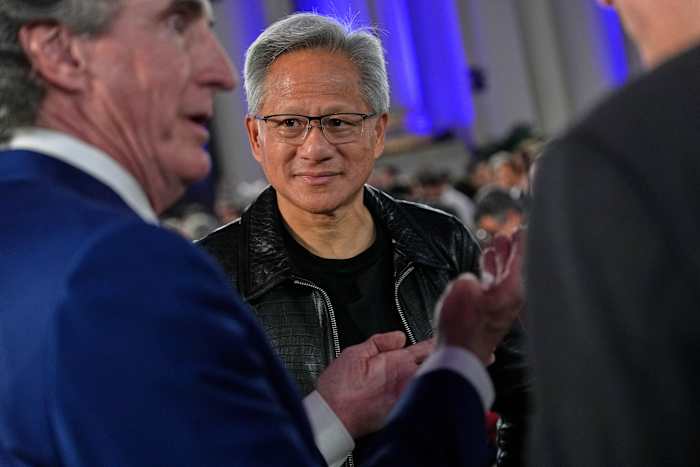China’s cyberspace regulators have issued a stern summons to Nvidia, a global leader in chip manufacturing, over significant security concerns surrounding its H20 chips. This unprecedented move underscores Beijing’s growing apprehension regarding the potential “backdoor safety risks” of crucial technology, escalating tensions in the already fraught geopolitical landscape of tech and national security. The summons, announced by the Cyberspace Administration of China, brings to light a critical examination of chip integrity and data sovereignty amidst a fierce global competition for technological dominance.
At the core of Beijing’s concerns are allegations that Nvidia’s H20 chips possess inherent capabilities for remote tracking and disabling. Regulators explicitly demanded that the U.S. chip company provide comprehensive explanations and submit detailed materials concerning these “backdoor safety risks” associated with chips slated for sale in the Chinese market. This level of scrutiny reflects China’s unwavering commitment to safeguarding its cybersecurity and data security, in strict accordance with national laws and regulations, as the nation prioritizes its digital infrastructure.
This latest development follows closely on the heels of the Trump administration’s decision to lift export restrictions, allowing Nvidia to resume sales of its H20 chips to China. The brief period of renewed market access for the H20 chips, designed to comply with U.S. export controls on advanced AI processors, now faces renewed uncertainty. The strategic timing of this summons highlights the complex interplay between trade policy, national security imperatives, and technological innovation for global players like Nvidia.
The current confrontation serves as another significant point of friction in the ongoing tech rivalry between the United States and China. Both economic powerhouses are locked in a relentless race for supremacy in artificial intelligence, with chip technology forming the bedrock of this competition. This rivalry frequently forces businesses to navigate a precarious balance between market access and adhering to stringent national security dictates from their respective governments, impacting the global semiconductor industry.
Chinese regulators, citing unnamed U.S. AI experts, asserted that Nvidia has developed “mature technology” capable of tracking, locating, and remotely disabling its computing chips. This alleged capability is at the heart of Beijing’s security anxieties, potentially jeopardizing the future sale of H20 chips within China. The very possibility of such a feature raises profound questions about national control over critical digital infrastructure and the sovereignty of data, especially regarding cutting-edge AI chip security.
Domestically, in the United States, legislative efforts have also attempted to address chip security. In May, Representatives Bill Huizenga (R-Michigan) and Bill Foster (D-Illinois) introduced the Chip Security Act. This proposed legislation aimed to mandate “security mechanisms” in high-end chips to detect “smuggling or exploitation,” underscoring a bipartisan concern about supply chain integrity and national security implications of semiconductor technology. However, this bill has yet to advance through Congress, illustrating the complexities of legislating on such intricate technological matters.
While H20 chips, developed by Nvidia, are less capable than the most advanced chips like the H100, they are still considered crucial for China’s AI development given the limitations of its domestically developed chipsets. The ongoing U.S. ban on the sale of the most advanced AI chips to China further complicates the landscape. This intricate web of regulations, corporate strategies, and national security concerns continues to shape the trajectory of global technology and the future of the global semiconductor industry, with Nvidia H20 chips at the center of the storm.






Leave a Reply